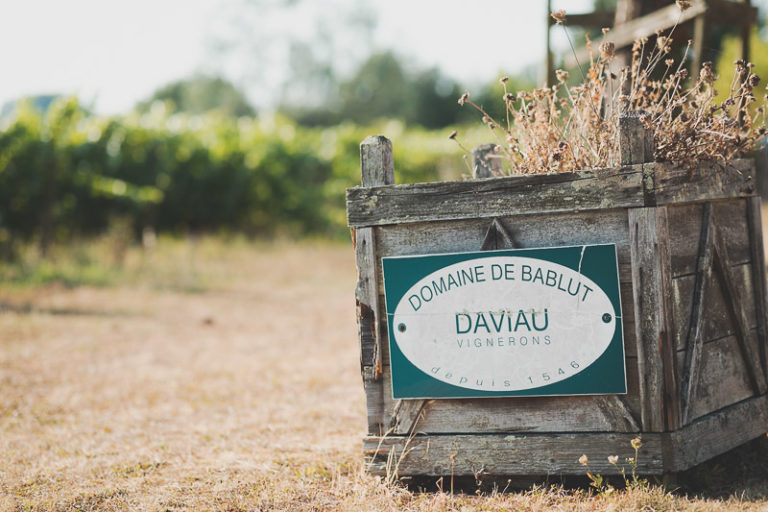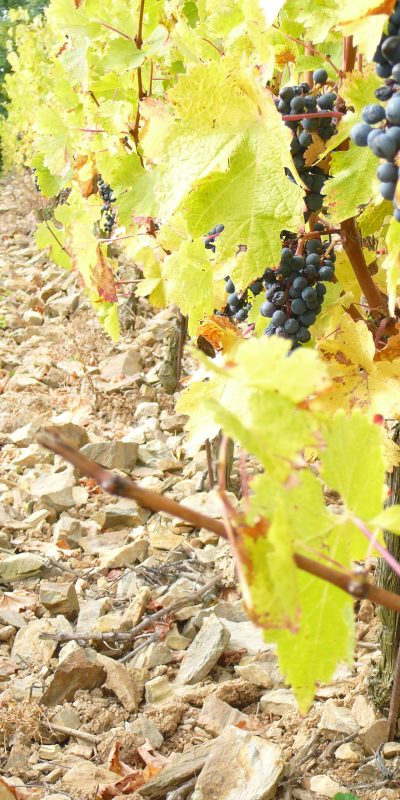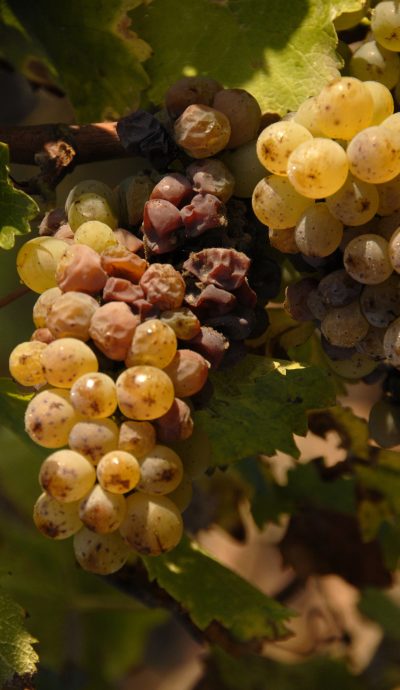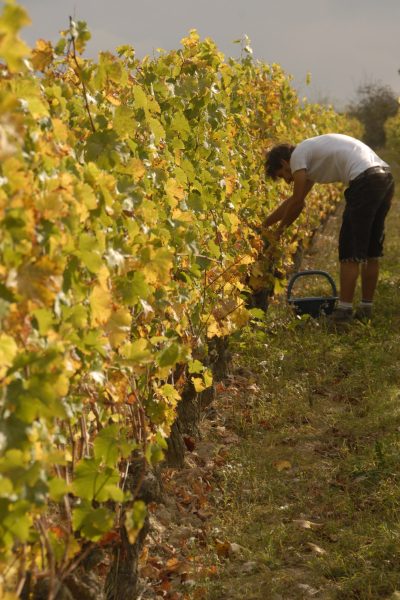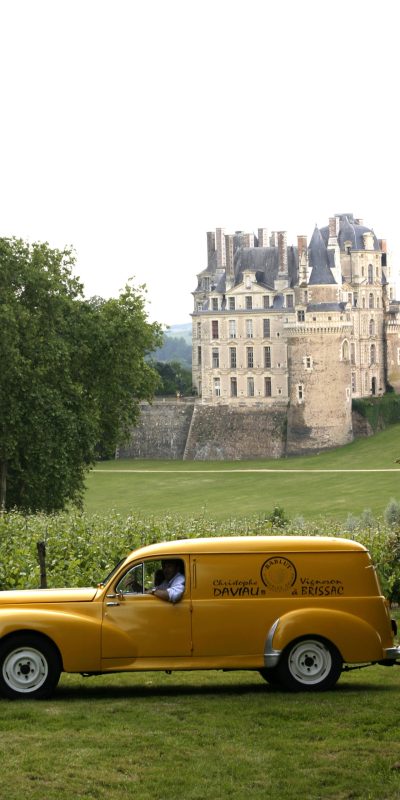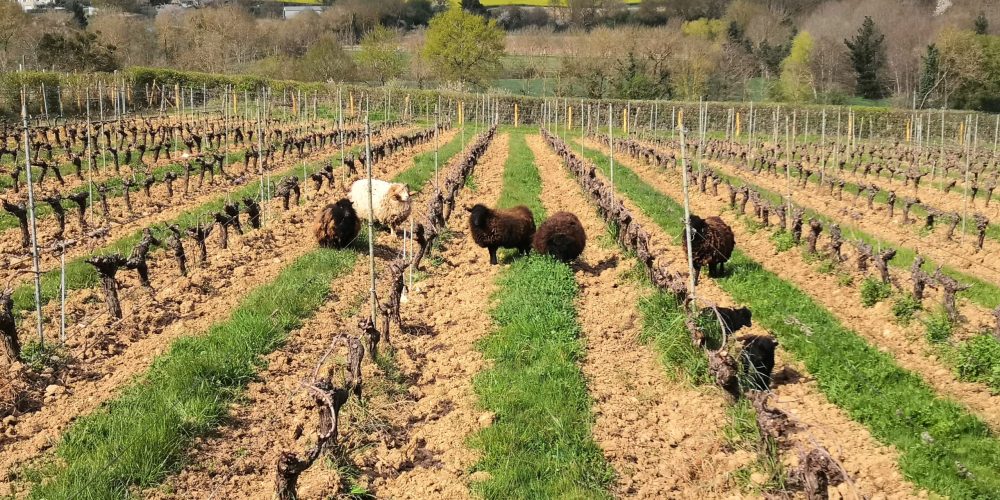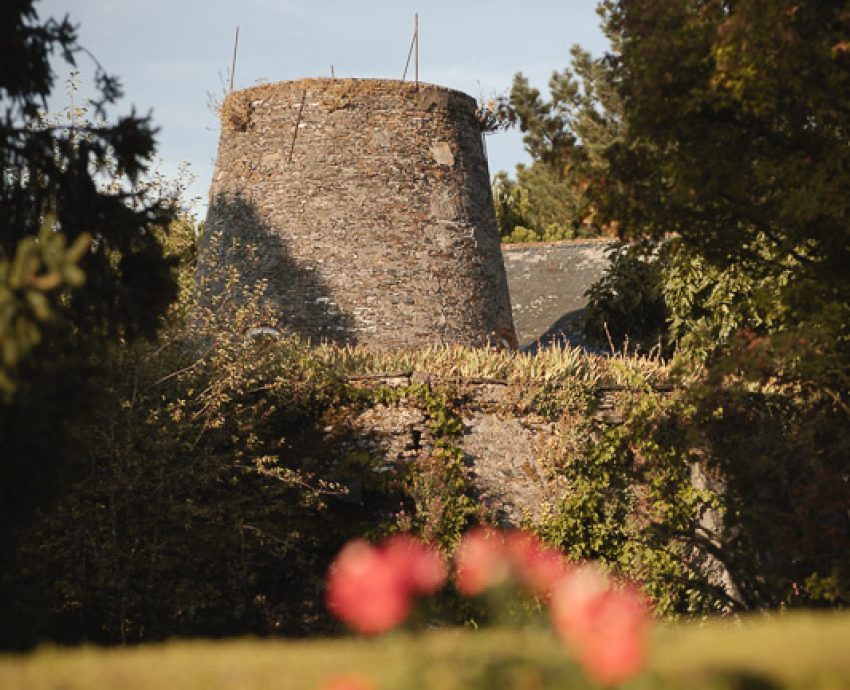History of a family
The DAVIAU family is a long-established wine-making family from Anjou. From the 16th century their ancestors had vines on the hillsides around Brissac. In addition to their vines, they had five mills as well as several windmills along the ridge, once called the Côte des Moulins, that overlooks the hillsides of the River Aubance as you enter Brissac. Incidentally the name Bablut comes from the verb blutter, which is the old term for the movement one makes when sifting flour.
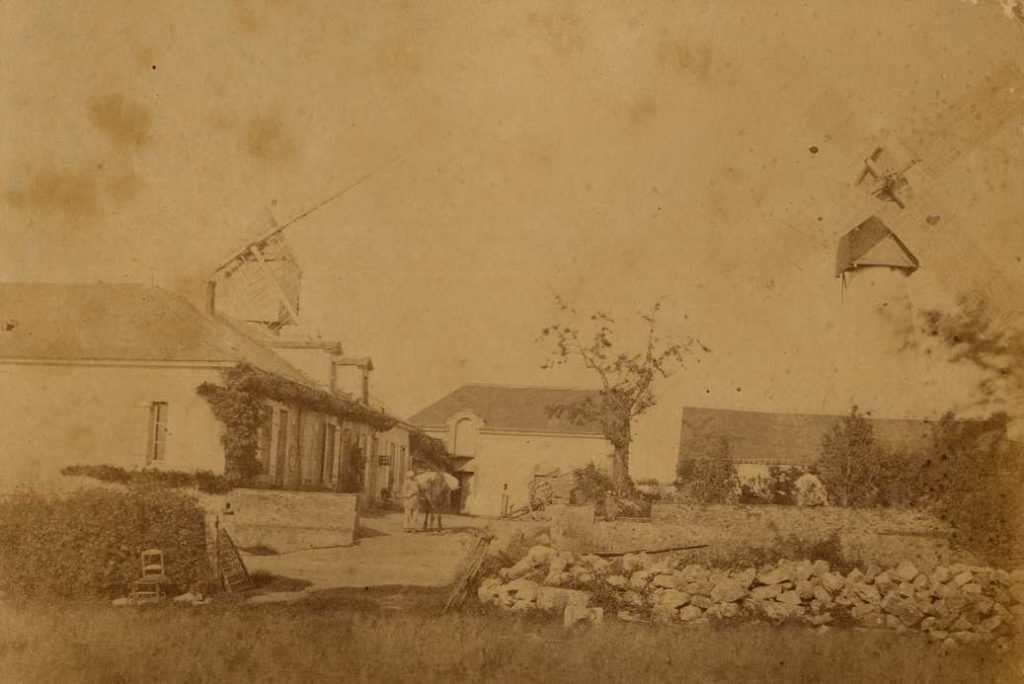
The team
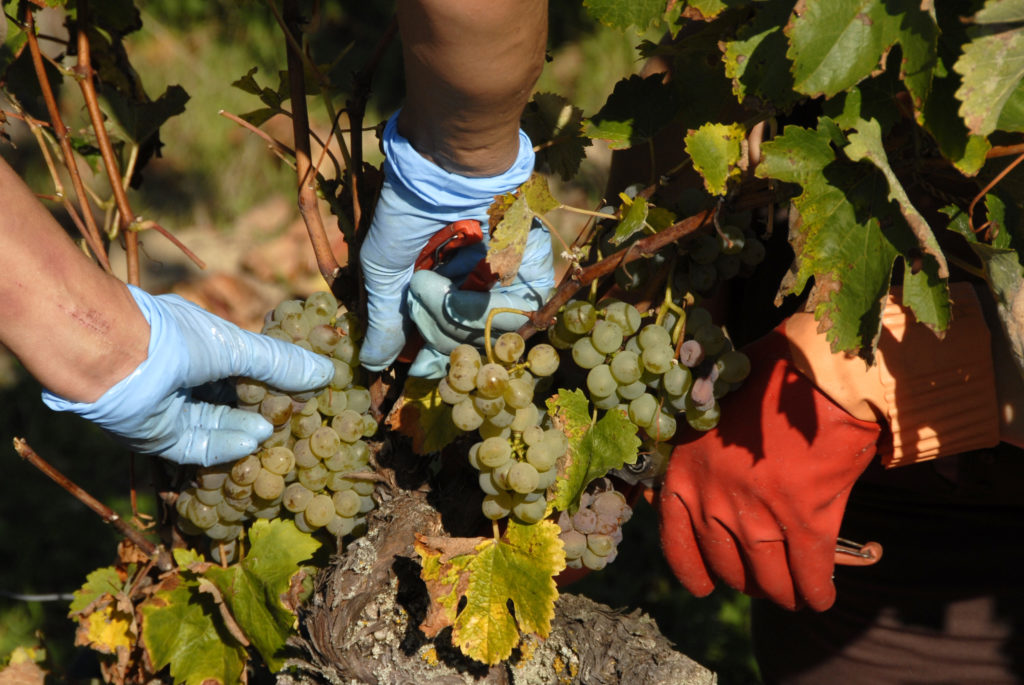
Historic valleys
The valleys of these landscapes were dedicated to cereal growing along with watermills while on the hillsides there were vines and windmills, very typical of Anjou. As far back as the 5th Century the Latin poet, Sidoine Apollinaire, wrote: ‘There is not far from the land of Brittany a city built on a rock rich in the gifts of Cérès and Bacchus, this is the city of Angers.’
From father to son
At the end of the 19th Century the Daviau family gave up flour milling to concentrate solely on their vines. Since then several generations have taken responsibility for running their vineyards. The Domaine de Bablut is now run by Christophe Daviau who returned to the family wine estate in 1989 after studying oenology at Bordeaux University and working in the vineyards of Australia for a large French owned group. His son, Antoine, joined him after gaining experience in other French regions – Châteauneuf-du-Pape and Sauternes.Châteauneuf-du-Pape et Sauternes).
There are seven people working at the domaine: Mathieu, Christophe, Thomas and Clément, who look after the vines, the pruning and the harvest. It is thanks to Sophie that our wine bottles are properly labelled and packaged. Tanguy looks after the winery and is also a great handyman. If you ever come to the domaine or call us it will be Nathalie who welcomes you or answers the phone. She will answer any questions you have about our wines.
Christophe Daviau and his son Antoine are to be found everywhere – in the vineyards and at the winery. If you are lucky and have the time, you may meet Jean-Pierre and Jacqueline, Christophe’s parents, who will give you advice and share stories about wine (and tomatoes).
Choosing to be organic
In order to cultivate vines with care, sustainably, to preserve biodiversity and of course make quality wines that are good for your health, we believe that it is both essential and evident that the vineyards should be organically farmed., comme une évidence, que le vignoble soit conduit en agriculture biologique.
Our philosophy
The basis for our organic viticulture lies in the harmonious relationship between terroir and grape varietyIt is important that the plant is in harmony with the land in which it grows and the environment where it flourishes. A small-scale biodynamic trial in 1993 led to converting the entire domaine to organic viticulture in 1996 so as to respect plant life, rivers, our staff and consumers. This innovative approach has naturally led us to managing all of the domaine biodynamically.
Organic viticulture does not allow the use of synthetic pesticides and weed killers, traces of which are unfortunately found wherever they are used : in the soil, plants, rivers and in glasses of wine that come from so-called ‘conventional’ agriculture.
The environment
In addition our viticulture is supported by a holistic environmental approach including leaving unmown grass strips between the vines and, since the early 2000s, planting hedges. These hedges, which separate parcels of vines, are made up of blackthorn, viburnum, dogwood, buckthorn, hazelnut, black elderberry, red currant, rosehip and common privet. These plants were chosen because they are already indigenous and they have a long flowering span that encourages insects. This is with the aim of preserving the auxiliary fauna, maintaining the fragile balance that is so important for our ecosystem. We have many useful insects in our vineyards: lacewings, hoverflies, ladybugs, earwigs, etc. Today there are nearly 12 kilometres of hedges around the borders of the domaine.
We sow green manure, which is buried and so nourishes the vines. The soil in the vineyards is mechanically hoed and only the surface is ploughed. This helps to promote deep roots, allows the vines to better resist drought and also to access minerals both in the soil and subsoil. Deep roots accentuate the influence of the terroir.
There are two new projects underway at the domaine: planting trees in the parcels of vines to encourage the flow of air and putting sheep in the vineyards to graze and keep the grass under control naturally.
Respecting nature
Our organic approach requires us to have an intimate contact with the vines so as to have quality grapes that are typical of their variety. It is this search for the essence of the grape, which was dear to François Rabelais, that we must realise in our wine-making. The process of fermentation, this alchemic transformation, should simply preserve and enhance the raw material that Mother Nature has generously given us.

